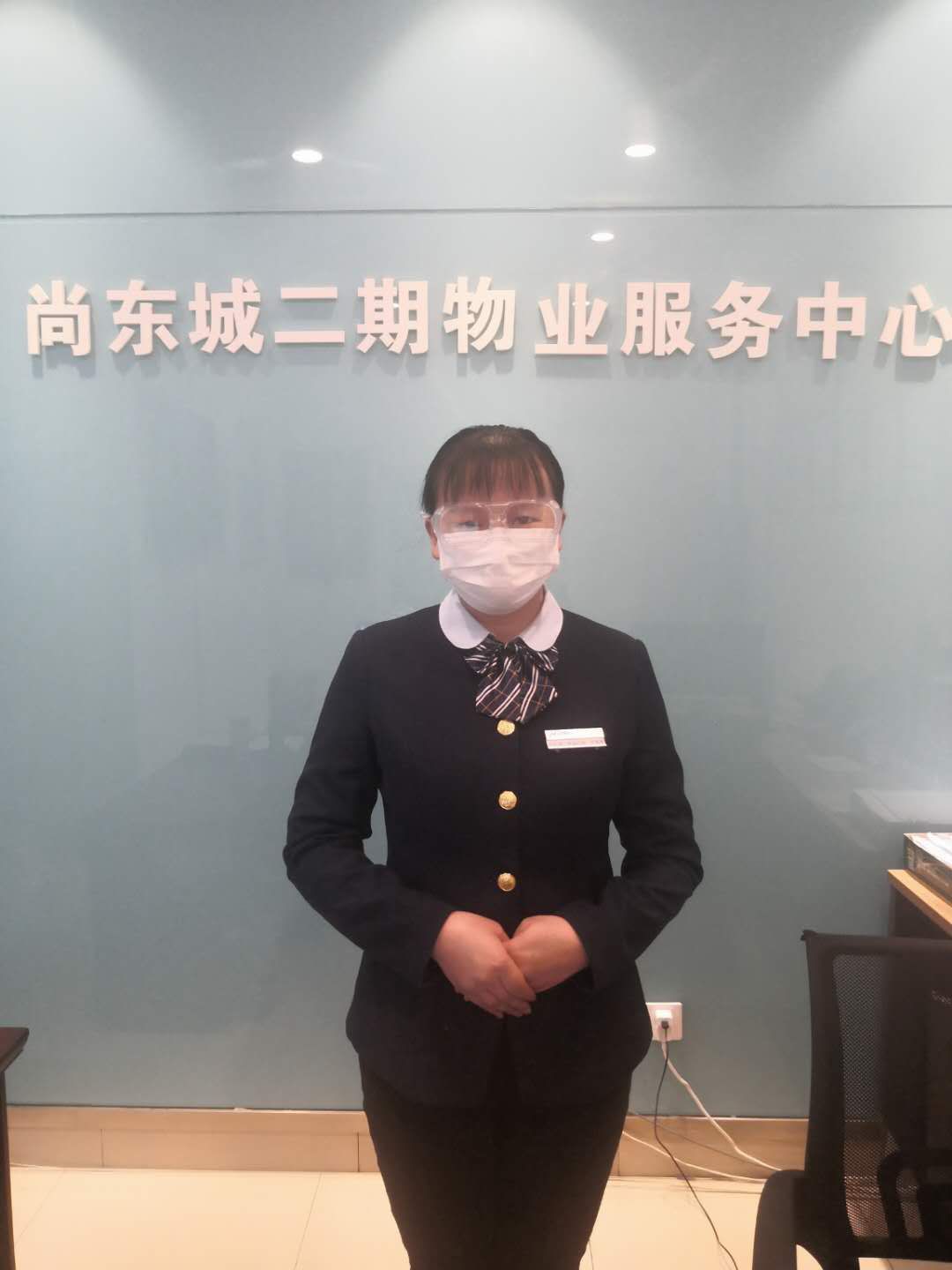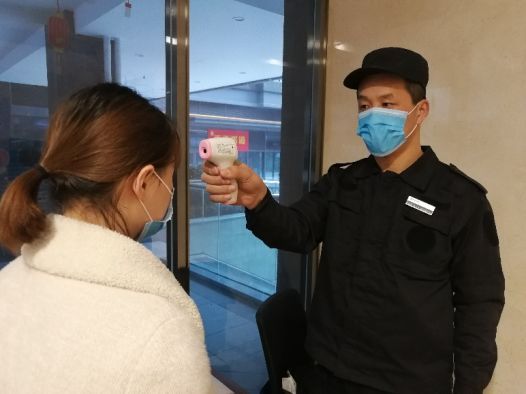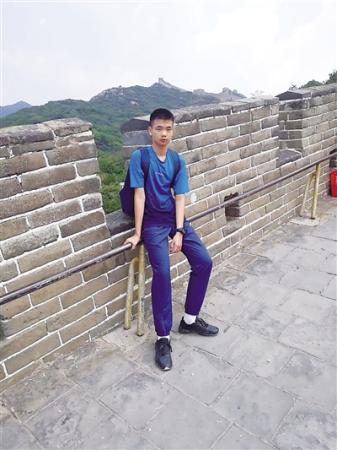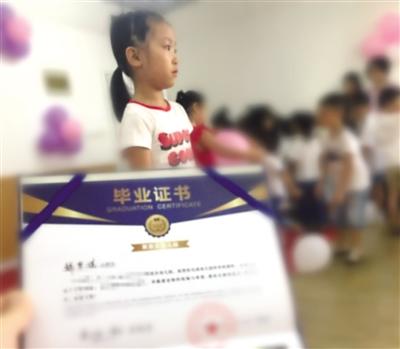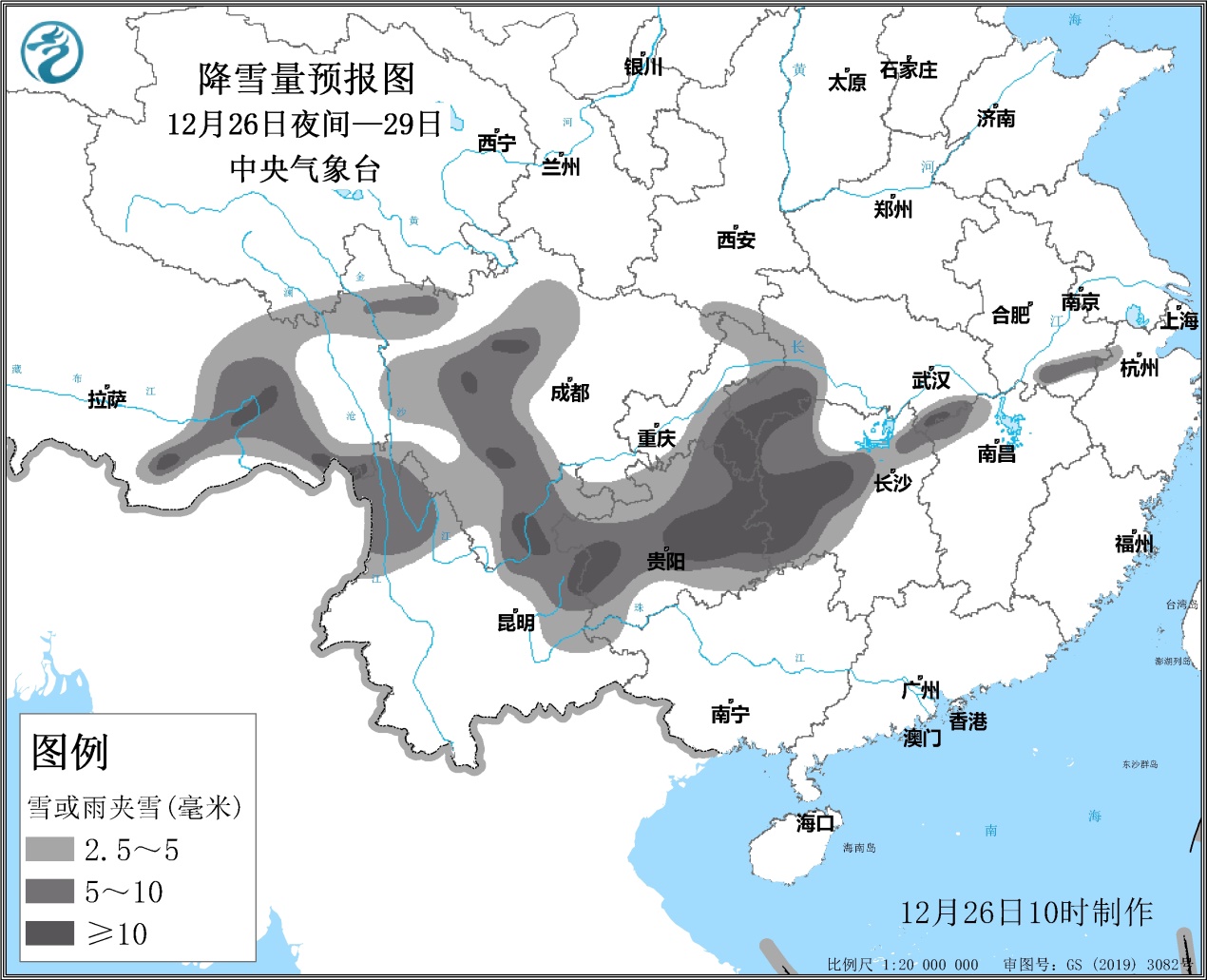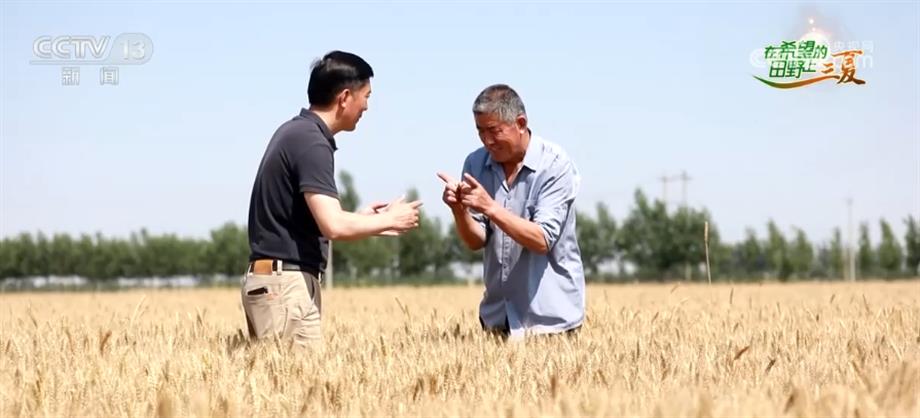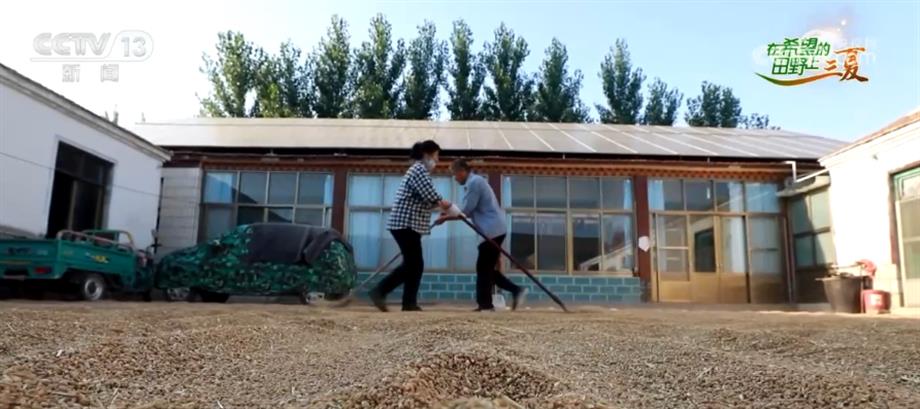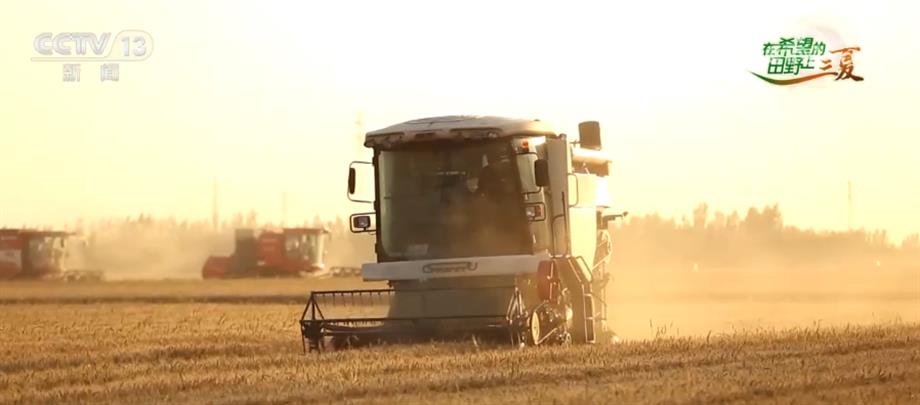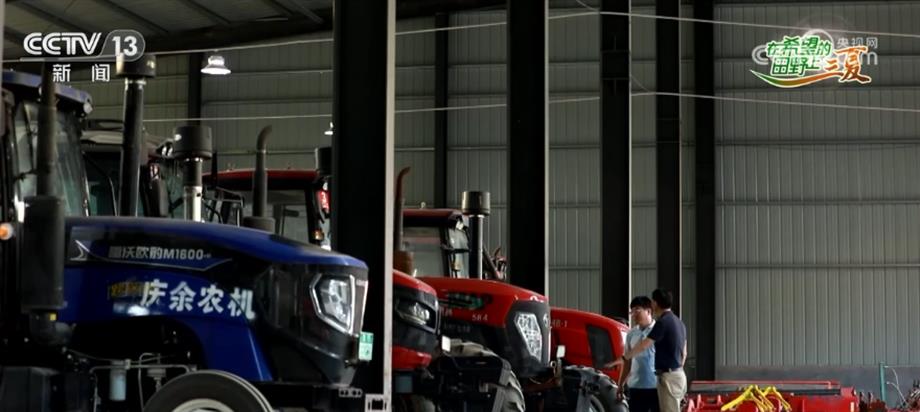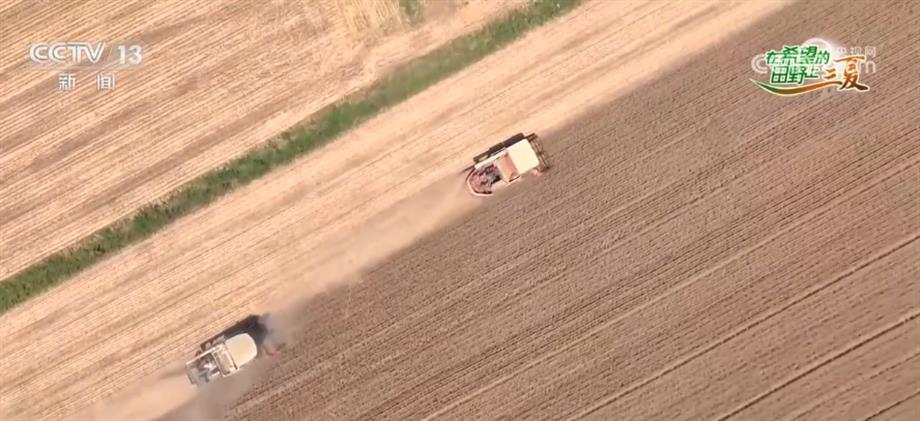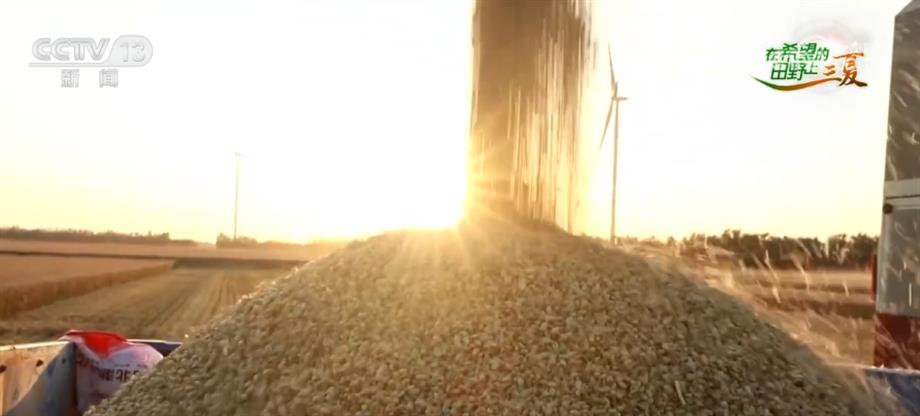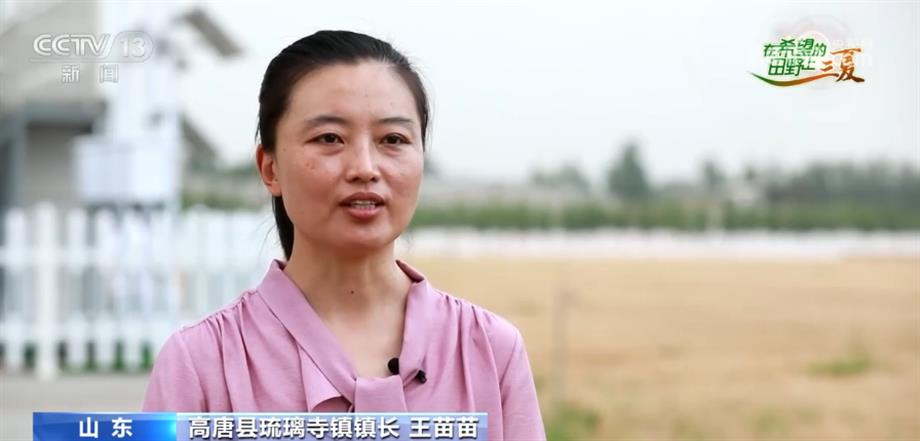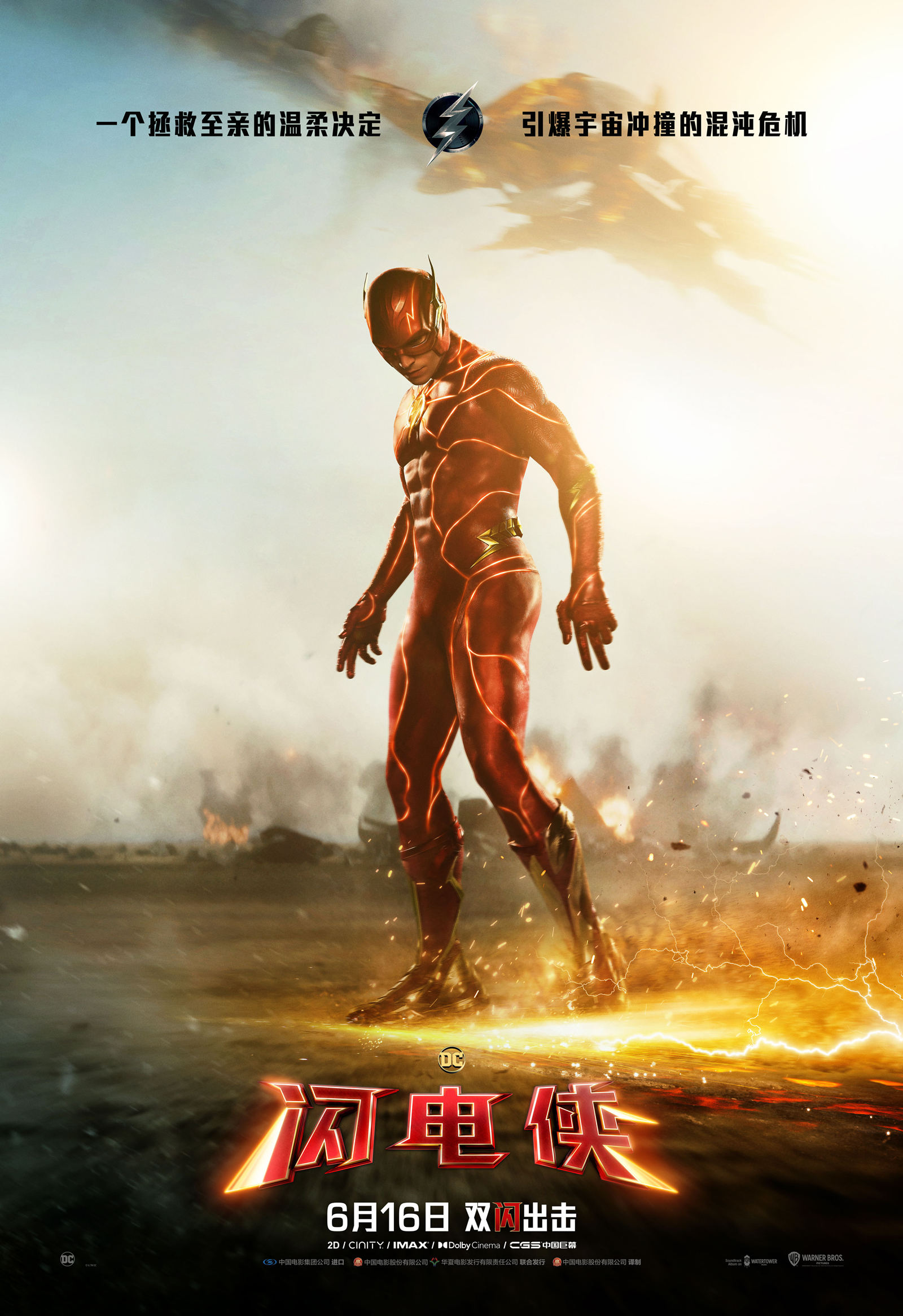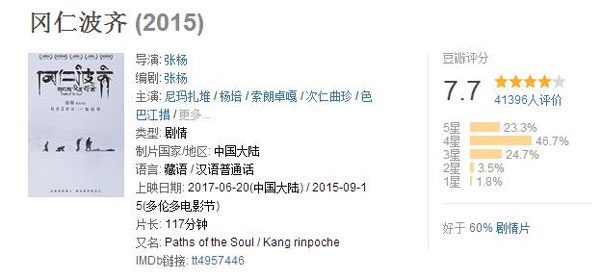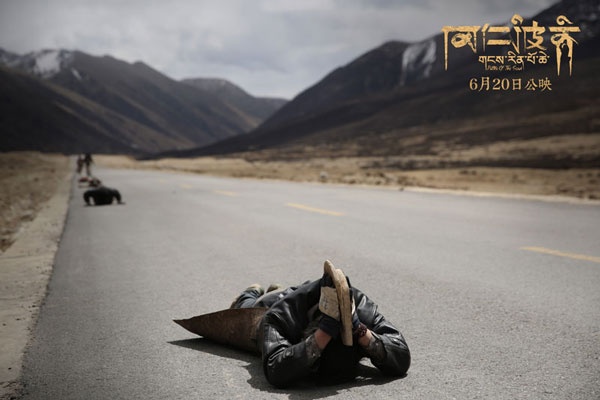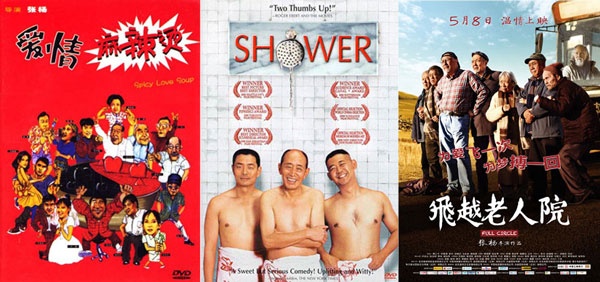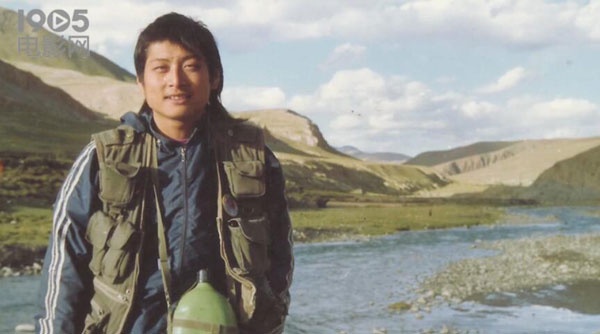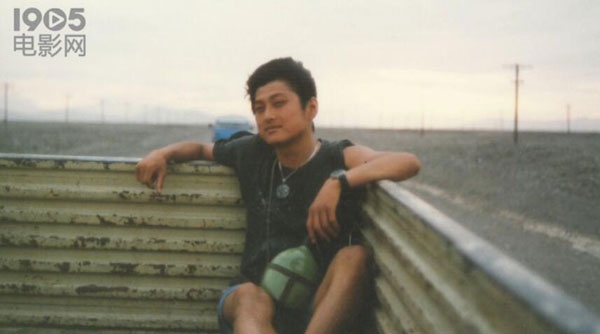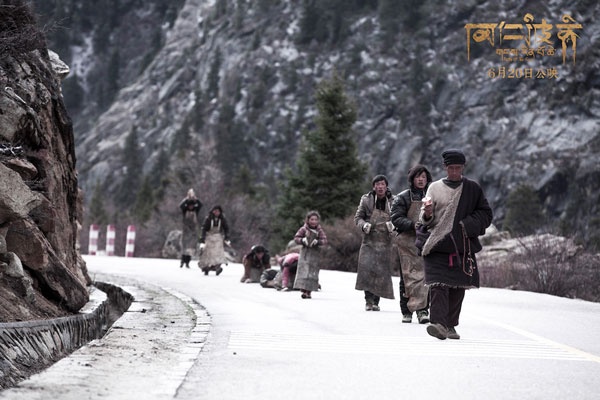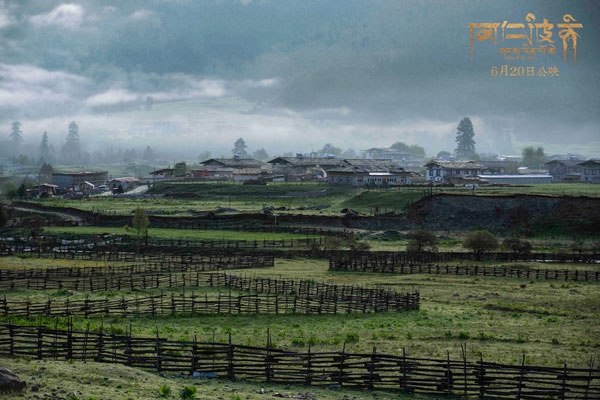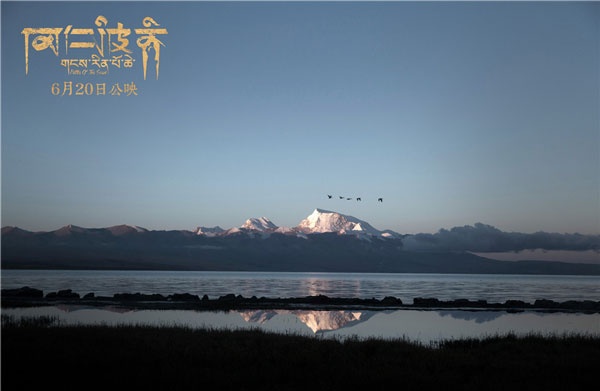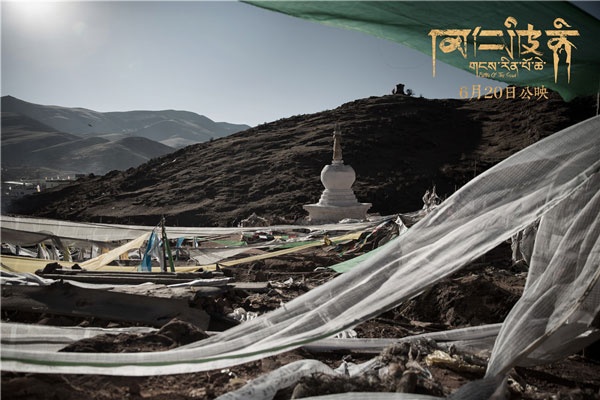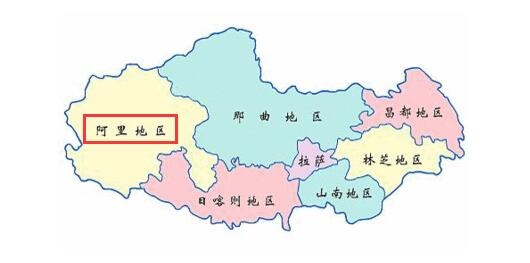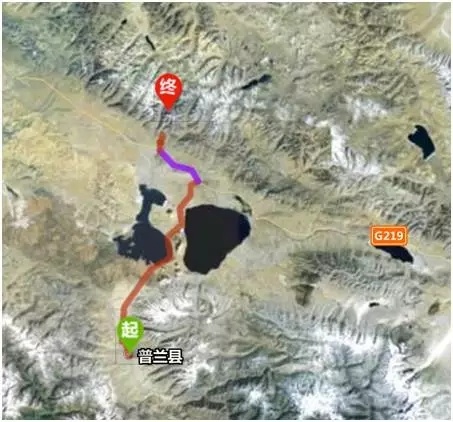Press conference video
At 15: 30 on May 17th, 2023, the Information Office of the provincial government held a press conference of "2022 Henan Internet Development Report".
Release content:Introduce and interpret the specific situation of "2022 Henan Internet Development Report" and the development of the Internet industry in Henan Province, and answer questions from reporters.
Published by:
Member of the Party Group and Deputy Director of Changjiang Provincial Communications Administration
Zhao Huiqun Honorary Chairman of Provincial Internet Association
Fan Peiquan, Member of the Party Committee and Deputy General Manager of Henan Mobile Company
Chen Shigang Member of the Party Committee and Deputy General Manager of Henan Unicom Company
Li Jirui, Senior Vice President of Henan Telecom Company
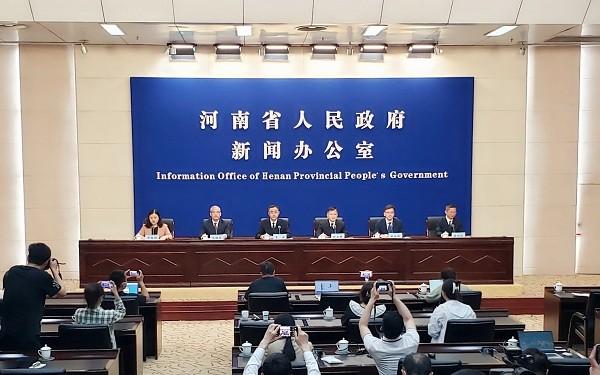
Chang Yiyuan, Director of Press Release Office of Propaganda Department of Provincial Party Committee
Ladies and gentlemen, friends from the media,
Hello everyone! Welcome to the press conference held by the Information Office of Henan Provincial People’s Government.
In order to comprehensively and objectively reflect the overall situation of Internet development in our province in 2022, the Provincial Communications Administration and the Provincial Internet Association jointly compiled the 2022 Henan Internet Development Report, which will be officially released today. In order to let everyone know more about the situation, we invited responsible comrades from the Provincial Communications Administration, the Provincial Internet Association and related communications companies to attend, and asked them to focus on the specific contents of the Report and the information and communication work in our province, and to answer questions that the media paid attention to.
First of all, introduce the publisher who attended today’s press conference:
Mr. Chang Jiang, member of the party group and deputy director of the Provincial Communications Administration;
Mr. Zhao Huiqun, Honorary Chairman of Provincial Internet Association;
Mr. Fan Peiquan, Member of the Party Committee and Deputy General Manager of Henan Mobile Company;
Mr. Chen Shigang, Member of the Party Committee and Deputy General Manager of Henan Unicom Company;
Mr. Li Jirui, Senior Vice President of Henan Telecom Company.
Next, please let Mr. Chang Jiang make a briefing.

Chang Jiang, member of the Party Group and Deputy Director of the Provincial Communications Administration
Friends of the press:
Good afternoon everyone! To commemorate the World Telecommunication and Information Society Day in 2023, today, the Provincial Communications Administration and the Information Office of the provincial government jointly held a press conference on the 2022 Henan Internet Development Report.
According to the agenda of the conference, I will briefly brief you on the 2022 Henan Internet Development Report from two aspects.
First, the main contents of the 2022 Henan Internet Development Report
In 2022, under the guidance of Socialism with Chinese characteristics Thought of the Supreme Leader in the New Era, the Internet industry in Henan Province fully implemented the spirit of the important exposition of General Secretary of the Supreme Leader on developing the digital economy, implemented the digital transformation strategy in depth according to the decision-making arrangements of the provincial party committee, the provincial government and the Ministry of Industry and Information Technology, accelerated the construction of new digital infrastructure, and actively built an important information communication hub and information distribution center in the country. Vigorously promote the deep integration of digital technology and the real economy, improve the comprehensive network management system, improve the level of network security, support the development of digital economy, and help build a strong province, a strong network and a digital Henan in all directions.
In order to comprehensively and objectively reflect the development of the Internet industry in Henan Province, help the digital transformation of the economy and society, and promote high-quality development, the Bureau and the Provincial Internet Association have compiled and published the Henan Internet Development Report for 10 consecutive years. The 2022 Henan Internet Development Report is divided into five chapters and eleven chapters, which systematically summarizes the basic situation and main achievements of the Internet industry development in our province in 2022.
(1) Basic Internet resources. In 2022, the total bandwidth of Zhengzhou national Internet backbone direct connection point reached 1920 g; The total number of 5G base stations in the province reached 153,200, ranking fifth in the country, with a year-on-year increase of 57.8%; The total number of 10 Gigabit passive optical networks (10G-PON) and above ports reached 850,300, up 97.7% year-on-year. Nine cities, including Zhengzhou, were rated as Gigabit cities by the Ministry of Industry and Information Technology.
(2) Internet users. In 2022, the number of netizens in our province was 90.832 million, the Internet penetration rate reached 91.6%, and the number of mobile phone netizens was 89.155 million. The total number of Internet users in the province reached 133 million, ranking fourth in the country. Among them, there are 94.09 million mobile Internet users, ranking third in the country; There are 39.348 million Internet broadband access users, ranking fourth in the country.
(3) Internet enterprise development. In 2022, there were 1,152 new Internet enterprises in our province, up by 14.7% year-on-year, and the total number reached 8,986, ranking third in the country, holding 15,922 licenses for value-added telecommunications services.
(4) Internet applications. In 2022, 1,470 5G application projects were replicated and promoted in 16 key industries in our province, including equipment manufacturing, coal mine, steel and cement, among which 21 projects won prizes in the national finals of the 5th "Blooming Cup" 5G application competition. Online payment, instant messaging and online shopping are widely used in the personal consumption field of netizens, with user penetration rates reaching 95.4%, 95% and 92.3% respectively. The rate of "one door" of government service matters of "Henan Affairs Office" reached 94%, and the level of integrated government service capacity entered the first place in the country.
Two, in 2022, the development of Internet in our province mainly presents five remarkable characteristics.
(1) Internet enterprises have flourished and the capacity of inclusive services has been innovated and improved. In 2022, there were 14 new Internet enterprises above designated size in the province, with a total of 56, and the income from Internet business reached 32.27 billion yuan. Among them, two companies, such as Henan Zhonggang Net and Zhongyuan Dayi, earned more than 10 billion yuan in Internet business, and were selected as one of the top 100 Internet companies in China. Eight Internet companies, including Henan Zhongcheng Information Technology, were selected as "specialized and innovative" small giant enterprises by the Ministry of Industry and Information Technology, and 56 Internet companies, including Zhengzhou Xinda Jiean, were selected as "specialized and innovative" small and medium-sized enterprises in Henan Province. The construction of digital villages was accelerated, and 151 5G+ smart agriculture projects were replicated and promoted. The transaction volume of cross-border e-commerce in our province reached 220.92 billion yuan, up 9.5% year-on-year. The development level of "Online Silk Road" ranked third in the country, providing "Henan Plan" for cross-border e-commerce nationwide.
(2) The integrated application of "5G+ Industrial Internet" has accelerated the replication and promotion, and the development of industrial Internet has begun to take shape. In 2022, 1,470 5G application projects were replicated and promoted in 16 key industries such as equipment manufacturing, coal mine, steel and cement. The application of 5G industry penetrated into 16 categories and 56 sub-industries, and the province’s 5G application ranked first in the country. The construction of industrial Internet platform system was accelerated, and the construction and application of secondary nodes of industrial Internet logo analysis in Luoyang, Luohe, Xuchang, Xinxiang and Zhengzhou continued to deepen. The application of "5G+ industrial Internet" scene was accelerated, 919 smart factories were built, and 35,800 enterprises were added to the cloud platform, which continued to promote the high-end, intelligent and green development of manufacturing.
(3) The construction of 5G and Gigabit optical networks was accelerated, and the construction of new digital infrastructure achieved remarkable results. In 2022, our province will promote the coordinated development of 5G and Gigabit optical networks, realize continuous coverage of 5G networks and full coverage of Gigabit optical networks in areas above towns and villages, and the network scale ranks first in the country. The total number of 5G users in the province reached 36.824 million, ranking third in the country. Broadband access users above 1000M accounted for 21.2%, ranking second in the country. Nine cities, including Zhengzhou, Luoyang, Pingdingshan, Xinxiang, Jiaozuo, Xuchang, Nanyang, Xinyang and Jiyuan, were rated as Gigabit cities by the Ministry of Industry and Information Technology, while Luoyang and Nanyang were confirmed as pilot projects of IPv6 technology innovation and integration application by 12 departments including the Central Network Information Office.
(4) The status of information communication hub and information distribution center has been continuously strengthened, and the base of digital economy has been further consolidated. Zhengzhou Internet backbone direct connection points continued to expand, with a total bandwidth of 1,920 g, up 18.5% year-on-year. The average delay within and between Internet networks ranked first and third respectively in China. The inter-provincial export bandwidth of Internet reached 83.1T, ranking fifth in China, with a year-on-year increase of 36.1%. China Mobile and China Unicom’s 5G regional centers carry core network services in five provinces, with a network capacity of 98.49 million households. There are 37,000 server racks in six super-large data centers deployed in our province by the three major national communication groups, with an export bandwidth of 47T and a computing power scale of 437.3P. Accelerate the construction of ultra-large capacity optical transmission system and continuously improve the carrying capacity of the "three vertical and three horizontal" optical cable trunk network in our province.
(V) The industry development policy continued to exert its strength and the development environment was further optimized. In 2022, the Regulations on the Promotion of Digital Economy in Henan Province was implemented, and the Regulations on Network Security in Henan Province was issued. The goal of building a comprehensive network management system in three years was achieved as scheduled. The protection capability of key information infrastructure has been continuously improved, and the construction of network security systems in new convergence areas such as 5G, industrial Internet and car networking has been accelerated, further building a network security barrier. Continue to carry out a series of special actions such as "Clear" and "Clean Net", thoroughly implement the "Nine Actions" of network civilization, shape and purify cyberspace with the new trend of the times, and effectively safeguard the security and stability of cyberspace in the province. Successfully held the fifth "Tianan Cup" professional skills competition for network security administrators, and built a network security team with superb technology and excellent quality.
In the process of compiling the Report, we received strong support from the Information Office of the Provincial Party Committee, the Provincial Development and Reform Commission, the Provincial Department of Finance, the Provincial Department of Industry and Information Technology, the Provincial Department of Agriculture and Rural Affairs, the Provincial Department of Commerce, the Provincial Administrative Examination and Approval and Government Information Administration, the Henan Branch of the National Security Center and other relevant Internet companies in the province. I would like to express my heartfelt thanks.
My friends, it’s just the right time for Qian Fan to compete for the spring tide. On a new journey, guided by the Supreme Leader’s Socialism with Chinese characteristics Thought in the new era, we will speed up the construction of new digital infrastructure, continuously improve the network supply capacity, deepen the empowerment effect of integrated applications, and make new and greater contributions to the construction of a strong province, a strong network and a digital Henan.
Thank you!
Chang Yiyuan, Director of Press Release Office of Propaganda Department of Provincial Party Committee
Thank you, Director Chang, for your detailed release! Next, welcome reporters and friends to ask questions on issues of concern. Please inform the news organizations you represent before asking questions.
China news service reporter
We have learned that the information, communication and Internet industries in Henan are deeply implementing the digital transformation strategy, which has effectively stimulated the vitality of the development of the digital economy. Excuse me, what measures will Henan information, communication and Internet industry focus on in the next step to further consolidate the base of digital economy and promote high-quality economic and social development? thank you
Chang Jiang, member of the Party Group and Deputy Director of the Provincial Communications Administration
Thank you for your question. This year is the first year to thoroughly implement the spirit of the 20th Party Congress, an important year to start building a socialist modern country in an all-round way, and a crucial year to carry out the 14th Five-Year Plan. The province’s information, communication and Internet industry will conscientiously implement the spirit of the 20th Party Congress, continue to deepen cooperation with relevant departments of the province in accordance with the work arrangements of the provincial party committee, the provincial government and the Ministry of Industry and Information Technology, accelerate the construction of new infrastructure and modern industrial system, agile and efficient information and communication industry supervision system, comprehensive information and communication service system benefiting the people, stable and reliable network and data security system, and give full play to the strategic, basic and priority of services to support economic and social development in promoting the deep integration of digital economy and real economy.
First, we must resolutely do a good job as a builder of new infrastructure. Adhere to a blueprint to the end, pay close attention to the implementation of the "14 th Five-Year Plan" series, and promote the task project, project list and list responsibility. Create a 5G boutique network. In 2023, 34,000 new 5G base stations will be built, and the total number of 5G base stations in the province will exceed 180,000 by the end of the year. The coverage rate of key scenes, hot spots and rural hot spots will reach 100%, and the coverage rate of administrative villages in the province will exceed 90%. Building a Gigabit Network Demonstration Province. We will carry out the "light-chasing action" for Gigabit optical networks, adding 300,000 ports of 10G-PON and above, with a total number of more than 1.1 million ports, realizing the comprehensive deployment of 10G-PON equipment above towns and villages, and striving to add more than five "Gigabit cities". Continue to build Zhengzhou into an important communication hub in China. Improve the direct connection function of Zhengzhou’s national Internet backbone, promote the optimization of network structure and high-speed direct connection, and build a four-level computing time delay circle of 1 millisecond for local cities, 3 milliseconds for Zhengzhou-Luoyang metropolitan area, 5 milliseconds for provincial areas and 20 milliseconds for the whole country. Promote the construction of information distribution centers and central computing network hubs. Create a data resource pool of national hotspot areas, accelerate the construction of five super-large green data centers of the three major national communication groups, add 20,000 racks, with the total number exceeding 50,000, and build a central computing center with deep integration of cloud networks to provide enterprises and individual users with a higher quality and high-speed computing application experience.
Second, we must resolutely do a good job in the practitioners of the "5G+ Industrial Internet" integrated application. Adhere to the complete, accurate and comprehensive implementation of the new development concept, make good use of the golden key of integration and application, continue to release the industry empowerment effect, and strive to promote high-quality development. Continue to promote large-scale replication and promotion in key areas of 5 G. Adhere to the "wholesale" thinking, accelerate the large-scale application of 5G technology around key industries such as industry, medical care, agriculture, transportation, cultural tourism and education, three key areas such as steel, coal mine and cement, and seven trillion industrial clusters such as equipment manufacturing, green food, new materials, electronic information, energy conservation and environmental protection, modern textiles and green building materials. The total number of 5G application projects in key industries in which the information and communication industry in the province participates in construction and operation exceeds 2000. Continue to promote the development of high-end, intelligent and green manufacturing. In-depth development of industrial internet integration into the park "100 cities and thousands of parks" activities, and promote the development of 5G large-scale application and identification analysis system application in industrial parks. Promote the popularization and promotion of industrial Internet logo analysis secondary node applications in various cities, and expand the industrial Internet industry ecosystem. Continue to promote the construction of digital villages. We will implement five major projects, including rural 5G and 4G network coverage, and solidly promote the rural 5G "lighting" work. Combined with the construction of 15 million mu of high-standard farmland demonstration area in the province, in accordance with the requirements of equipment modernization, intelligent application, standardized management and ecological environment, we will accelerate the replication and promotion of high-standard farmland 5G+ smart agriculture projects in the province.
Third, we must resolutely do a good job in maintaining network and data security. Adhere to the overall national security concept and build a strong network security barrier to provide strong support for the construction of a strong province, a strong network province and a digital Henan. Continue to consolidate the security cornerstone of key information infrastructure in the industry. Comprehensively improve the ability of basic telecommunications networks to cope with major risks, and complete network security tasks in important periods with high quality. Innovate and improve the security guarantee ability in the new integration field. We will continue to strengthen the construction of a demonstration center for 5G application security innovation, enhance the supply capacity of 5G application products, and promote the development of the province’s 5G security industry. Carry out special actions on industrial Internet security to protect the network security of industrial Internet. Solidly promote industry data security management. Carry out the special action of data security risk management of "Digital Security Escort" in the industry, which strongly supports the implementation of digital transformation strategy in our province.
Fourth, we must resolutely be a good service provider of digital benefits to the people. Adhere to the people as the center, improve the level of information and communication services for people’s livelihood, meet the people’s growing needs for a better digital life, and let the people have more sense of gain, happiness and security in the development of informationization. Strengthen the construction of morals and rectification. Guide enterprises to highlight service orientation and further promote service upgrading. Upgrade iterative network to apply aging-adaptive features to further enhance the convenience and accessibility of aging-adaptive services. Regularly rectify junk information, deepen the prevention and control of telecommunication network fraud, and earnestly safeguard the property safety and legitimate rights and interests of the people. Improve the digital service capability. Increase the publicity and implementation of the Regulations on Telecommunications in Henan Province. Optimize telecom market access and promote the pilot of electronic licenses. Improve the level of integration supervision in internet plus, strengthen the standardization of the Internet market order, and actively cooperate with relevant departments to carry out special actions such as network clearing.
Under the correct leadership of the provincial party committee and the provincial government and the Ministry of Industry and Information Technology, the information, communication and Internet industries in the province will forge ahead bravely, strive to write a more brilliant chapter of Henan’s information and communication industry in the new era, and make new and greater contributions to solidly promoting the practice of Chinese modernization in Henan!
thank you
Reporter from the Central Radio and Television General Station Yang Guangwang
In 2022, the Internet industry in Henan Province maintained a good development momentum, especially in the scale and income of Internet companies. Excuse me, what are Henan’s plans to become a stronger and better Internet enterprise and promote the prosperity and development of the Internet industry this year? thank you
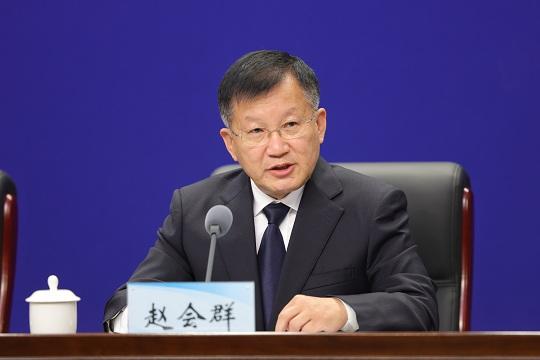
Zhao Huiqun, Honorary Chairman of Provincial Internet Association
Thank you for your concern about the Internet industry in our province. In 2022, under the correct leadership of the Provincial Party Committee, the provincial government, the Ministry of Industry and Information Technology, under the specific guidance of the Provincial Communications Administration, and with the strong support of the provincial Party Committee Network Office, the Provincial Development and Reform Commission, the Ministry of Industry and Information Technology and other relevant departments, the Provincial Internet Association implemented the digital transformation strategy in depth, focused on key tasks such as "promoting the application of 5G scale" and "making Internet enterprises stronger and better", played a role as a bridge and industrial Internet platform, and continuously improved its service capabilities, and achieved industrial development.
This year, the Provincial Internet Association will conscientiously implement the spirit of the 20th Party Congress, with the aim of "serving members’ needs, industry development, government governance and digital economy", and continue to optimize four brand activities, such as Henan Internet Conference, Henan Internet Development Symposium, Henan Internet Development Report and comprehensive strength research of Internet enterprises, and actively promote the Internet enterprises in our province to become stronger, better and bigger, and promote the high-quality development of the Internet industry in our province.
First, vigorously cultivate leading enterprises and promote the development of industrial clusters. Actively organize and participate in China Internet Conference, China International Big Data Industry Expo and other major domestic Internet activities, strengthen exchanges and docking with leading enterprises and unicorn enterprises outside the province, and actively strive for relevant platform projects of leading enterprises to land in Henan. Every year, we select a group of innovative enterprises with development potential in the province, increase cultivation efforts, and build leading enterprises and innovation benchmark enterprises in our province. Organize research on the comprehensive strength of Internet enterprises, discover, cultivate and build a number of Internet enterprises with potential and good growth, and build local high-quality brands. We will continue to carry out the series of activities of "ten thousand people help ten thousand enterprises" and continue to implement the "grading service standard for member units of Henan Internet Association" to help Internet enterprises solve practical difficulties and enhance their innovation vitality. Relying on the carrier of industrial parks such as Zhongyuan Science and Technology City, leading enterprises, unicorn enterprises and "specialized and innovative" enterprises are encouraged to actively participate in the carrier construction, and promote the formation of a core gathering area with diversified investment, professional service, distinctive features and relatively concentrated space.
The second is to continue to promote the large-scale application of 5G and serve the development of the digital economy. Assist in the preparations for the Henan Regional Competition of the "Blooming Cup" 5G Application Collection Competition, and select typical cases of 5G applications. In-depth interpretation of outstanding award-winning application projects of 5G, exhibition tour of outstanding cases, full display of the latest achievements of 5G applications, creation of demonstration benchmarks of 5G applications, and digital transformation and development of industries with 5G demonstration applications. Continue to carry out 5G application and digital transformation exploration activities, carry out 5G application exchanges and research in different industries, organize experts to "check the pulse", understand the replication and promotion of 5G applications in various fields on the spot, and further promote the deep integration of digital economy and real economy.
The third is to create an Internet development ecology and promote the high-quality development of the industry. We will continue to run the Songyang Digital Economy Lecture Hall, Songyang Qiangwang Salon and other activities, build a supply-demand exchange platform between local traditional enterprises and digital service-oriented enterprises, promote the transformation of innovation achievements and promote industrial innovation and development. Hold special activities such as Henan Internet Industry Vocational Skills Competition, assist in the technical training of "industrial Internet logo analysis system" and the qualification certification training of "industrial Internet practitioners" and "Internet industry practitioners" to improve the quality of the talent team in the Internet industry. Encourage enterprises and universities to jointly set up college students’ entrepreneurial bases, establish an industrial talent recruitment and training supply service system, and provide high-quality digital talent support for industry development.
The Provincial Internet Association will conscientiously implement the work deployment of the Provincial Communications Administration, take the "four services" as the starting point, continue to unite all its members, be honest and innovative, be realistic and pragmatic, play the role of a bridge and an industrial Internet platform, help Internet enterprises in our province become stronger and better, promote the prosperity and development of the Internet industry, and make new and greater contributions to the construction of a strong network province and digital Henan. thank you
Henan Daily reporter
In 2023, the government work report of the two provincial conferences proposed to speed up the construction of a strong manufacturing province and focus on building an advanced manufacturing system. Excuse me, what achievements has Henan Mobile made in promoting the digital transformation of manufacturing industry in our province relying on the provincial comprehensive industrial Internet platform? In order to further play the role of industrial Internet platform, what will Henan Mobile focus on in the next step? thank you
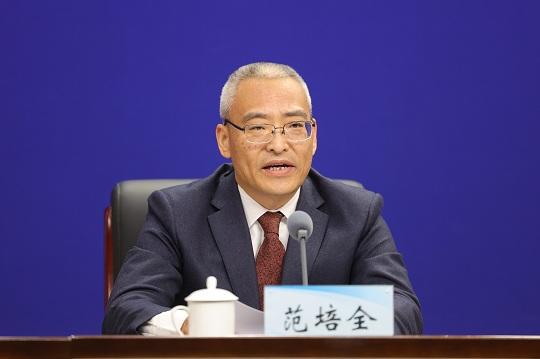
Fan Peiquan, Member of the Party Committee and Deputy General Manager of Henan Mobile Company
Thank you for your question. Henan is a big economic province and a big emerging industrial province. According to the work arrangements of the provincial party committee, the provincial government and the Ministry of Industry and Information Technology, Henan Mobile has fully played the role of digital leading, inciting and empowering, and vigorously promoted "Made in Henan" to "Made in Henan" by building an industrial Internet platform and building a 5G benchmarking demonstration project, which effectively promoted the optimization and upgrading of the industrial structure in our province. At present, the platform has supported more than 840 industrial Internet projects in the province, and landed more than 700 5G fully connected factory projects in the province, which effectively promoted the industrial Internet platform to be embedded in the whole process of enterprise production and operation, and promoted the digital transformation of manufacturing industry in our province.
The first is to create a demonstration benchmark to promote the optimization of industrial structure. At present, Henan Mobile Industrial Internet Platform is equipped with 60 industrial apps and 79 mechanism models covering new materials, equipment manufacturing, mining, metallurgy and other industries, providing a one-stop solution for industrial enterprises to "use numbers to enrich their wisdom". Henan Mobile cooperated with China Railway Equipment to build the "5G+ Smart Shield" project, Zhengzhou Baoye Steel Structure to build the first domestic 5G steel structure factory, citic heavy industries to build the "5G+ Smart Factory" project and Jiaozuo Chiba Cement to build the "5G Green Unmanned Mine" project. In particular, the project of "5G+ Smart Factory" tailored in conjunction with Zhengzhou ruitai has instigated the transformation and upgrading of the refractory industry in our province through its benchmarking demonstration.
The second is to build an ecological circle and build a strong industrial chain. Henan Mobile continued to build an ecological chain of digital industry, and built a digital innovation chain of "one hospital, one room, one center and one alliance" in our province. It successively landed in China Mobile’s "Lianchuang+"Henan 5G Open Laboratory and China Mobile (Zhengzhou) Industrial Internet Research Institute and Digital Rural Research Institute, and established the Henan 5G+ Industrial Internet Ecological Alliance; It has introduced more than 120 partners from all over the country, set up 11 joint innovation lab, such as "5G+Smart Factory", and built five training bases, such as "5G+Machine Vision", thus building an open and innovative ecology with win-win cooperation.
The third is to actively go out and create a new business card in Henan. Since 2020, in the "Blooming Cup" National 5G Application Competition held by the Ministry of Industry and Information Technology, Henan Mobile has achieved good results for three consecutive years, fully demonstrating the wisdom and strength of Henan in the digital economy. In the final of the 5th National 5G Application Collection Competition Smart Energy Thematic Competition, which ended in Zhengzhou last September, Henan Mobile won five first prizes for the demonstration projects created by Pingmei Shenma Group, Foxconn Zhengzhou Factory, Xinxiang Chemical Fiber and other leading enterprises. In the future, Henan Mobile will export these benchmark projects to the whole industry, becoming an important starting point for the digital transformation of traditional industries and a new business card for Henan’s digital economy.
The fourth is to promote the upgrading of the platform and continuously enhance the empowerment. Henan Mobile has continuously promoted the upgrading of provincial-level comprehensive industrial Internet platforms. At present, it has built regional industrial Internet platforms in Luoyang, Kaifeng, Zhumadian, Xinyang, Zhoukou and other cities, built industrial Internet platforms in steel structures, refractories and other industries, and built industrial Internet platforms in Jiaozuo Haohua Aerospace and Qinyang Chemical, further building them into comprehensive industrial Internet platforms across industries and fields.
This year, Henan Mobile will continue to promote the construction of new information infrastructure focusing on the 5G+ industrial Internet platform, and innovatively build a new information service system of "connection+computing power+capability". We will vigorously implement the "four projects".
The first is to implement the network strong foundation project. This year, Henan Mobile plans to invest more than 10 billion yuan to build 21,000 new 5G base stations, improve new infrastructure such as 5G, optical fiber network, data center and computing network, help enterprises in our province to implement internal and external network transformation, and effectively promote Henan to become an important information communication hub and information distribution center in China.
The second is to implement the platform empowerment project. Henan Mobile will continue to increase investment in technology and resources for the platform, and deploy 50 industrial apps and 60 mechanism models online this year, and radiate 1,000 industrial enterprises within two years; Promote the iteration of upgrading the comprehensive industrial Internet platform, accelerate the nine platforms of China Mobile Group, such as smart city platform, smart park platform and high-precision positioning platform, and empower industrial Internet platforms in various regions, industries and parks to blossom in the province.
The third is to implement the ecological expansion project. Henan Mobile will continue to build a strong "one hospital, one room, one center and one alliance" intelligent innovation chain, promote China Mobile to cooperate with R&D institutions such as Henan Academy of Sciences, Songshan Laboratory and Longmen Laboratory, and universities such as Zhengzhou University and Henan University, continue to expand the circle of ecological partners, gather excellent ecological capabilities of major industries in China, build a high-end digital technology innovation platform, help our province build a strong industrial chain, and boost the digital transformation and development of our province.
The fourth is to implement the industry bloom project. Henan Mobile will continue to build a 5G benchmarking project and actively empower thousands of industries to ensure that it will continue to maintain its leading position in major competitions such as the 2023 National 5G Blooming Cup.
Henan Mobile will further implement the digital transformation strategy, give full play to the advantages of the industrial chain, accelerate the digital transformation of thousands of industries, and contribute more mobile wisdom and power to the all-round construction of digital Henan and the Central Plains! thank you
Henan radio and TV reporter
This year’s government work report proposes to build a gigabit network demonstration province. In 2022, nine gigacities have been built in Henan Province. Excuse me, what achievements has Henan Unicom made in promoting the construction of gigabit cities and deepening the application of gigabit optical networks? What are the next steps? thank you
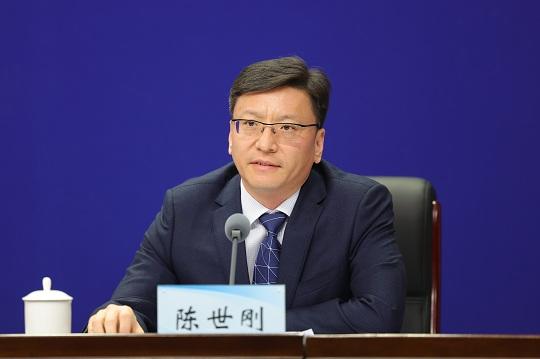
Chen Shigang, Member of the Party Committee and Deputy General Manager of Henan Unicom Company
Thank you for your question and concern about our work. The "Double Gigabit" network represented by Gigabit optical network and 5G is an important component and bearing base of new infrastructure, which plays an important role in stimulating effective investment, promoting new consumption and empowering digital transformation of industries. In 2022, Henan Unicom actively implemented the major strategic requirements of the CPC Central Committee and the State Council on network power, digital China and digital economy, and implemented the "Double Gigabit Network Collaborative Development Action Plan (2021-2023)" of the Ministry of Industry and Information Technology, and vigorously promoted the construction and application innovation of "Double Gigabit" networks in accordance with the relevant work arrangements of the provincial party committee and the provincial government, so as to help high-quality economic and social development.
First, promote the construction of Gigabit networks and lay a solid foundation for development. In terms of 5G network construction, deepen co-construction and sharing and industrial cooperation, build a 5G boutique network with comparable coverage, leading experience, leading ability and leading efficiency, and build a total of 70,000 5G base stations to enhance breadth and depth coverage; In terms of Gigabit optical network construction, we will promote the upgrading of key areas. The proportion of 10G PON in the province has reached 33.3%, and more than 5,000 all-Gigabit demonstration communities have been built, achieving full coverage of 10G PON in towns and villages and key rural areas in the province, and applying OLT’s big data analysis capabilities on a large scale to enhance user perception. The broadband experience download rate of the Ministry of Industry and Information Technology ranks first in the industry.
The second is to speed up gigabit capacity building and inject new kinetic energy into development. Unicom (Henan) Industrial Internet Co., Ltd. was established to build a professional platform based on its own resource endowments, build an independent product system in many fields, and provide comprehensive services integrating marketing support, solutions, product research and development, integrated delivery and operational service resources. Relying on the advantages of double Gigabit, we pioneered the research and development of public service platforms for smart cities in counties, and incorporated cutting-edge technologies such as 5G, AI and big data to realize the integration of urban spatial governance and urban operation, creating a number of benchmark projects such as Smart Central Plains, Jiaozuo Liberated Area and Pingdingshan jia county. We have developed a digital village platform, built a digital village pedestal, empowered rural development and rural services, and promoted the modernization of rural governance capacity. More than 1,000 scenes including Xixia County in Nanyang, Houhe Town in Changge, Xuchang and Nianzigou Village in Sanmenxia have been deployed and applied.
The third is to deepen gigabit application innovation and create a new model for development. In the government industry, gather multi-source data such as coal, electricity, oil and gas transportation, government affairs, mobile phone signaling, establish a big data analysis model, and build the first "economic operation monitoring and analysis platform" of the provincial development and reform commission in China to provide effective support for macroeconomic decision-making; In the field of industrial internet, build a "Henan Province 5G Industrial Internet Enterprise Cloud Platform" to provide basic capabilities for the digital transformation of enterprises; In the steel industry, United Angang Group unveiled the 5G Smart Steel joint innovation lab, and carried out in-depth cooperation in 5G applications with enterprises such as Angang, Jigang and Xinyang Iron and Steel; In the agricultural industry, we jointly built the "5G+ Smart Orchard in Guanmiao Village, Madian Town, Luoning County" with the government of Luoning County, combined with 5G and VR technologies to promote the transformation of traditional orchards into sightseeing and leisure orchards, and won the first prize in the fifth "Blooming Cup" national finals.
In 2023, Henan Unicom will focus on three aspects around supporting the construction of a gigabit network demonstration province.
First, focus on the improvement of network capabilities and promote the coordination of Gigabit "end network industry". Based on customer needs, strengthen network industry collaboration and provincial and municipal linkage, and build 12,000 new 5G base stations; Accelerate the construction of the center of the central region of the 5G core network, enhance the service carrying capacity, and consolidate the status of the 5G network hub in our province. The proportion of 10G PON ports is over 45%. Actively promote the remaining nine cities to pass the evaluation and certification of gigabit city construction.
The second is to focus on improving customer experience and accelerate the popularization of Gigabit networks. In terms of network speed, based on the double gigabit network, the new Unicom broadband standard is redefined to realize "all-fttp, all-house optical broadband, and all-family real gigabit" to ensure the home users’ extremely fast surfing experience. In terms of services, customized services are launched to meet the needs of home users, making wiring more beautiful and creating a new broadband service model of "broadband+application+network service". In terms of smart life, more than 200 kinds of smart devices are adapted, and services such as China Unicom housekeeping and China Unicom Ultra HD are launched to create smart products for the whole house.
The third is to focus on key areas and accelerate the replication and promotion of innovative applications. Promote the replication, promotion and application of Gigabit network applications in the whole industry and all fields. In the field of digital government, taking the construction of an integrated online service platform of e-government network as the starting point, it provides a one-stop service of cloud network with high security, large bandwidth and self-opening; In the field of digital finance, speed up the transformation of boutique network, help customers streamline the computer room of secondary branches, and meet the needs of video banking and network flattening; In the field of smart medical care, provide one-stop service, realize the whole business of the hospital, and empower key application scenarios such as pre-hospital emergency treatment, remote treatment, remote diagnosis, remote intensive care and health management; In the enterprise field, deepen the expansion of 5G technology from peripheral auxiliary links to core control links, and based on the steel industry and relying on 5G smart steel joint innovation lab, complete the application of 5G in more than 90% steel enterprises in the province. In 2023, it is estimated that more than 700 5G application projects will be built, and the cumulative economic benefits will increase by over 2.6 billion yuan.
Looking forward to the future, Henan Unicom will build a digital base and a digital engine with double gigabit construction, promote the integration and development of digital economy and real economy, empower thousands of industries and benefit thousands of households, and contribute to the construction of digital Henan. thank you
Top journalist
As the cornerstone of digital development, cloud computing has become the driving force for the digital transformation of enterprises and governments. Excuse me, what is the effect of Henan Telecom in implementing the strategy of "changing from cloud to digital" to help enterprises get on the cloud and empower social economy and people’s livelihood? What measures will be taken next? thank you
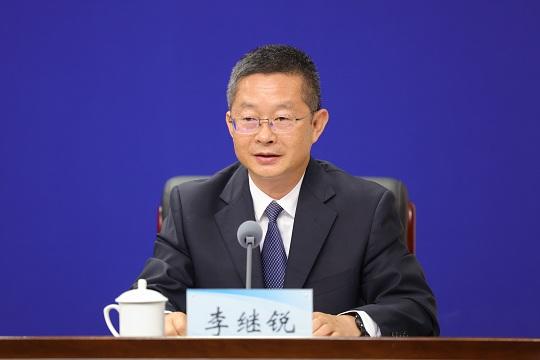
Li Jirui, Senior Vice President of Henan Telecom Company
Thank you for your question. In 2022, China Telecom Henan Branch actively implemented the requirements put forward by the 20th National Congress of the Communist Party of China to speed up the construction of a manufacturing power, a network power and a digital China, and made great efforts to practice the development idea of "people-centered". Focusing on the strategy of China Telecom Group to change from cloud to digital, it helped to build a strong digital province in an all-round way, laid out emerging digital industries such as cloud services and computing power, and focused on digitalization, intelligence, integration and convenience to help build a modern Henan with high quality.
First, speed up the construction of digital infrastructure and help build a new highland of national computing power. China Telecom Henan Branch adheres to the guidance of "Cloud Network Convergence 3.0", seizes the strategic opportunity of "East Counting and West Counting", gives full play to the location advantage of the central part of Henan, which is "the hinterland of Kyushu and the thoroughfare of ten provinces", continuously expands the scale of the national cloud computing infrastructure, realizes the deployment of nearly 70,000 TFLOPS computing power, and initially forms a hierarchical computing power system with echelon distribution and cloud edge coordination. The central data center realizes the delivery of nearly 1,000 racks of the 1# machine building, creates the speed of Henan, and strongly supports the layout of national cloud, IDC and security resource pools and the construction of core and backbone nodes of Internet head customers; To lay a solid foundation for the comprehensive information service ability of customers and individual customers in the government, finance and other industries in our province.
The second is to build a national cloud, fully empower thousands of industries and accelerate the development of the digital economy. China Telecom Henan Branch has continuously promoted the evolution and upgrading of the basic cloud base through new technologies such as multi-core in one cloud, multi-state in one cloud and multi-calculation in one cloud. Actively participate in the construction of key platforms such as provincial and municipal government cloud, Xinchuangyun, Disaster Recovery Cloud and State-owned Cloud; In the field of Xinchuang, we will combine our own advantages of Xinchuang Cloud and Xinchuang Cloud Computer, and help build the province’s Xinchuang Ecological Circle around the national Xinchuang product adaptation base, forming a number of government application benchmark projects such as provincial and municipal government cloud, county-level Xinchuang Cloud and Xinchuang Cloud Computer. Up to now, China Telecom Henan Branch has built 19 self-developed cloud bases in the field of government affairs and state-owned assets in the province, and 18 cities have built one city and one pool, which provides a solid foundation and guarantee for the application of government affairs at all levels in provinces, cities and counties, all kinds of state-owned enterprises and innovation applications.
China Telecom Henan Branch has served more than 10,000 customers in helping enterprises to go to the cloud, focusing on the key production links of enterprises, relying on Tianyi Cloud, AI application, big data analysis and cloud management capabilities for empowerment transformation, and has provided services in nearly 10 sub-sectors such as food, medicine, printing, textile, equipment manufacturing, electronic manufacturing, steel, coal mine and cement. Through the deep integration of Tianyiyun +5G, the digital innovation of key industries will be realized, and the Internet platform of Oriental Hongyun Agricultural Machinery and Equipment Industry will be jointly built with China Yituo to provide real-time agricultural machinery operation monitoring services for over 50,000 agricultural machinery and equipment; Cooperate with Detong Vibration to build an industrial Internet platform for the mixing industry, provide online monitoring and mixing station management services for over 10,000 mixers, and effectively improve the efficiency of enterprise operation and management; Build an industry cloud with SAIC, and integrate cloud computing with SaaS and PaaS capabilities of SAIC’s industry characteristics, such as smart driving cloud, smart cloud and trusted cloud, to provide cloud network services and safe operation services for more than 200 eco-chain enterprises in SAIC, enabling the added value of industrial output value to exceed 200 billion yuan.
In 2023, China Telecom Henan Branch will continue to implement the decision-making arrangements of the provincial party committee and government on promoting the deep integration of the digital economy and the real economy, and do a good job in the following work:
First, continue to accelerate the construction of digital infrastructure. The province plans to add 120,000 TFLOPS of computing power, carry out diversified deployment, promote diversified supply of computing power, and realize the coordinated development of general computing power, super-intelligent computing power and high-performance computing power in the province, laying a solid foundation for building a computing highland in central China and undertaking the demand for low-delay spillover computing power in eastern China. Accelerate the construction of China Telecom’s central data center, build a leading super-large green data center in China, plan to add more than 3,000 racks, and strive to build the central data center into the fifth hot regional resource pool of China Telecom’s intelligent computing service system in Henan.
The second is to consolidate the development base of the digital economy and help empower economic and social transformation and upgrading. In-depth implementation of the "cloud to digital" strategy, adhere to the "cloud as the core, cloud network integration", give full play to the advantages of full-stack self-research technology and a full range of products as cloud service providers, innovate and build a digital service capacity base, closely fit in with the construction of digital government in Henan Province, accelerate the innovation and transformation of information systems of governments at all levels, state-owned enterprises and key industry units, and create autonomous, controllable, safe, credible, intelligent and agile cloud and application scenarios, thus making due contributions to the innovation work in our province. At the same time, we will accelerate the digitalization of smart education, medical health, cultural services and other fields, take Tianyi Cloud as the cloud base, accelerate the promotion of cloud in the industry, and promote the transformation and upgrading of enterprises.
Today is the "World Telecommunication and Information Society Day", and China Telecom is also the first in the industry to release a computing package today, promoting computing power to empower thousands of industries and helping the development of the digital economy. In the next step, China Telecom Henan Branch will continue to explore and innovate, give full play to the advantages of emerging technologies such as cloud, AI and video networking, speed up infrastructure construction, strengthen services to the people’s livelihood, continuously promote the development of digital economy in our province, and actively contribute to the construction of a strong manufacturing province, a strong network province and a digital Henan!
Thank you!
Chang Yiyuan, Director of Press Release Office of Propaganda Department of Provincial Party Committee
Thank you for your answers. That’s all for today’s on-site questioning session. If journalists and friends have other questions that need further understanding, they can contact the relevant publishing units for an in-depth interview after the press conference. Here, I hope that all news media can, as always, pay attention to supporting the development of information, communication and Internet industry in Henan, deeply publicize the key measures and highlights of our province’s overall promotion of network security and informatization development, vigorously publicize and popularize network security knowledge, promote the whole society to form a good atmosphere in which network information is shared by everyone and network security is everyone’s responsibility, and help build a strong province, a strong network and a digital Henan in all directions, so that the achievements of Internet development can better serve the overall situation of economic and social development and better benefit people’s production and life.
This concludes today’s press conference. Thank you, publishers, journalists and friends. Goodbye.


